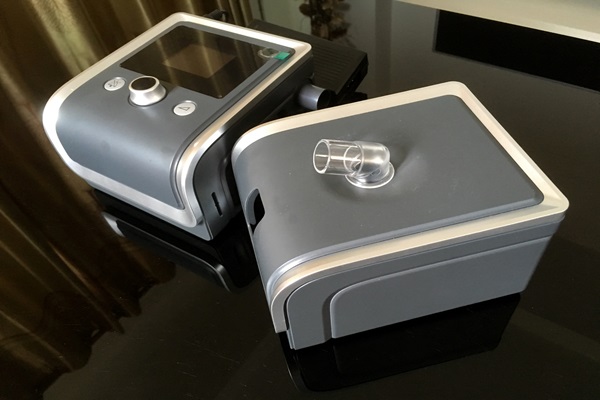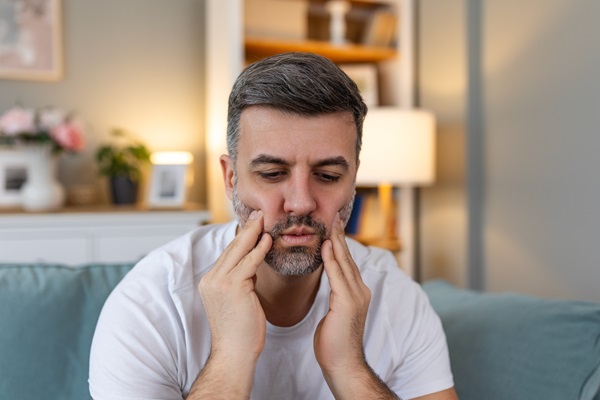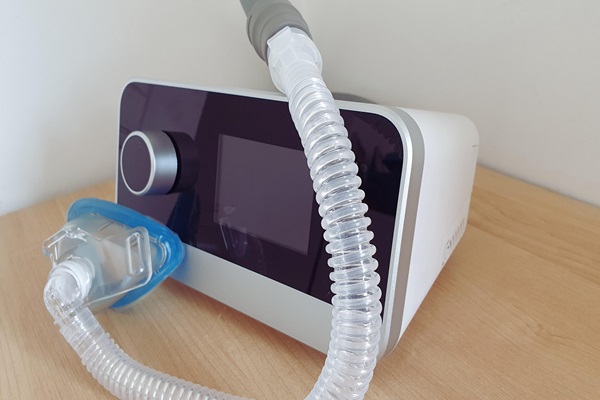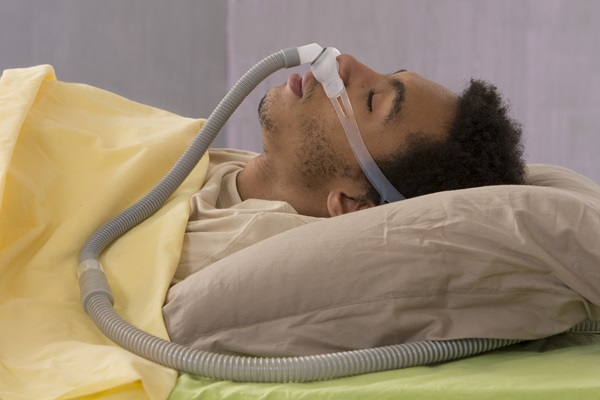TMJ TreatmentRed Bluff, CA
Our team can help treat problems that cause pain in the temporomandibular joint that connects the jaw to the skull. Oral health provides an essential contribution to overall physical and mental well-being. However, TMJ does not always occur due to an oral health issue. We can both diagnose and treat conditions related to the jaw in particular and greatly improve symptoms.
At Dental Sleep Solutions Group, we offer treatment for patients experiencing TMJ symptoms. If you are experiencing pain or stiffness in the jaw, our team can help by diagnosing the issue and providing an effective treatment plan. Since TMJ syndrome can develop from various causes, we base each treatment plan on the individual patient's situation. To learn more about a procedure or schedule an appointment, call 1-530-727-6080 today.
Understanding TMJ Disorder
Temporomandibular joint disorder is a general name for pain in the jaw joint. According to the National Institute of Dental and Craniofacial Research, 5% to 12% of the population experiences issues in this area. In addition, young people and women are more likely to have some form of TMJ disorder.
The temporomandibular joint is the place in which the lower jaw connects to the skull. The muscles, blood vessels, nerves, and connective tissues in this joint also connect to various other locations on the head and neck. As a result, if left untreated, some TMJ issues can lead to pain and other problems with the face, mouth, head, or neck.
Check out what others are saying about our TMJ Treatment services on Yelp: TMJ Treatment Red Bluff
Causes of TMJ Disorder
Damage to any part of the temporomandibular joint can cause TMJ disorder or symptoms until receiving professional treatment. Common causes of TMJ include:
Arthritis: Like other joints in the body, the TMJ can be vulnerable to arthritic processes either as part of normal aging or due to disease. Such a process typically means the destruction of cartilage. It can also alter the shape of the bones.
Oral habits: Some people have a habit of unconsciously grinding their teeth. This is called bruxism and, in the long term, can lead to muscle spasms, inflammation, and increased wear on TMJ tissue. Habitually clenching teeth or continually chewing on an object such as a pen also increases the strain on the TMJ.
Trauma: Trauma to the TMJ can damage bone, cartilage, or muscle tissue. It can also cause improper teeth alignment, which impacts chewing motions. These, in turn, can increase the strain on the TMJ and lead to pain or stiffness.
Wear and tear: An important part of the TMJ is a disc of cartilage situated between the end of the lower jawbone and the site where it slots into the temporal bone. This disc facilitates the smooth movement of the lower jawbone and absorbs the force exerted by the chewing motion. When this disc wears down, the bones in the joint are subjected to more stress.
In some cases, TMJ can result from a disease process such as cancer or infection. However, according to the Mayo Clinic, it is common for several combined factors to cause TMJ symptoms. Therefore, a patient may need customized treatment to achieve lasting symptom relief.
Signs TMJ Treatment May Be Necessary
Many people suspect TMJ issues when they experience pain in the jaw joint. People who develop TMD may report symptoms, such as:
- Earaches
- Headaches
- Jaw pain
- Neck pain
- Pain while chewing or speaking
- Trouble chewing
The jaw might make a popping or cracking sound. In some cases, the jaw might also "lock" when the patient opens their mouth.
Our team can implement methods and treatment options to alleviate joint pain symptoms using a combination of physical therapy, anti-inflammatory medications, and advanced treatment options. In addition, we can examine patients’ mouth structures, make a diagnosis, and offer treatment based on the patient’s overall health condition.
Health Risks of TMJ
TMJ can affect the patient's posture. Over time, patients may develop spinal pain or other musculoskeletal problems. TMJ may be linked to scoliosis. Patients with one condition might be more likely to develop the other.
TMJ problems can also alter the appearance of the jaw. Some patients may notice a change in their facial shape. The spacing and position of the teeth may shift. Patients may notice that their jaw looks more square. These cosmetic changes may be upsetting or unwelcome. TMJ linked to bruxism can increase a patient's risk of gum disease. Tooth grinding puts pressure on the teeth and gums. Patients may develop oral inflammation or gum erosion. If left untreated, these symptoms can lead to infection or tooth loss.
We will consider multiple factors as we develop a treatment plan. Our team examines the patient's current health standing. We determine whether oral health concerns have led to other health problems. We also take into account cosmetic preferences. After an in-depth evaluation, we help patients choose the right treatment.
TMJ Treatments
Treatment plans may vary. Many patients with TMD opt for an oral appliance in which case we collaborate with your physician's office. These devices are worn at night to shift the jaw position. While oral appliances can reduce pain and ease tooth-grinding, some patients may also need medication. Prescription drugs can relieve arthritis, inflammation, stress, or anxiety.
Some patients find physical therapy helpful. This treatment focuses on stretching jaw muscles to reduce pain. Physical therapy improves the range of motion, improves posture, and corrects spine alignment. Patients who receive physical therapy may resolve their TMD symptoms.
In rare cases, the patient may need injections or jaw surgery. Rest assured that most TMD surgeries are minimally invasive. These procedures have fewer risks than open surgery. They also offer a shorter recovery time. If you need surgery, our team can help you choose a surgeon and access post-recovery resources.
Frequently Asked Questions About TMJ Treatment
What are the top risk factors for TMJ symptoms?
Habits such as teeth grinding or clenching can lead to TMJ disorder. According to a study by the TMJ Association, the presence of certain conditions indicated a higher risk of TMJ incidence. These conditions include some pain disorders, sleep disorders, tension headaches, and irritable bowel syndrome.
What can I do at home to alleviate TMJ pain or stiffness?
There are several methods to help TMJ symptoms at home. These include moist heat, jaw exercises, relaxation techniques, avoiding hard or chewy foods, and over-the-counter pain medication. In addition, patients should seek guidance to learn if they can benefit from additional treatment.
What can I do to reduce the chances of needing TMJ surgery?
Many cases of TMJ disorder can be treated non-invasively. Seeing a TMJ dentist promptly upon experiencing symptoms can increase the likelihood of effective non-invasive treatment. By following the dentist's instructions, patients will be able to further their relief after the initial treatment process.
Is TMJ syndrome causing my headaches?
When the muscles in the joint are tense, they can affect other muscles in the face and head, leading to headaches. In such a case, treating the TMJ can also reduce headaches. A TMJ dentist can offer more information on whether the headaches are separate or related to the TMJ problems.
Can children develop TMD?
Yes. Children may develop TMD after a sports injury. Some children might also struggle with TMD due to tooth grinding or congenital disorders. The sooner children receive treatment, the better. A complete health dentist can provide treatment that protects the teeth, gums, and jaw.
Schedule a Visit Today
TMJ consultations and treatments are available at our office. The Dental Sleep Solutions Group team looks forward to treating you and helping reduce your pain so you can get back to living a healthy, normal life. Call our office at 1-530-727-6080 to learn more or schedule an appointment.
Dental Sleep Solutions Group is located at 2426 S Main St Suite B Red Bluff, CA 96080.





